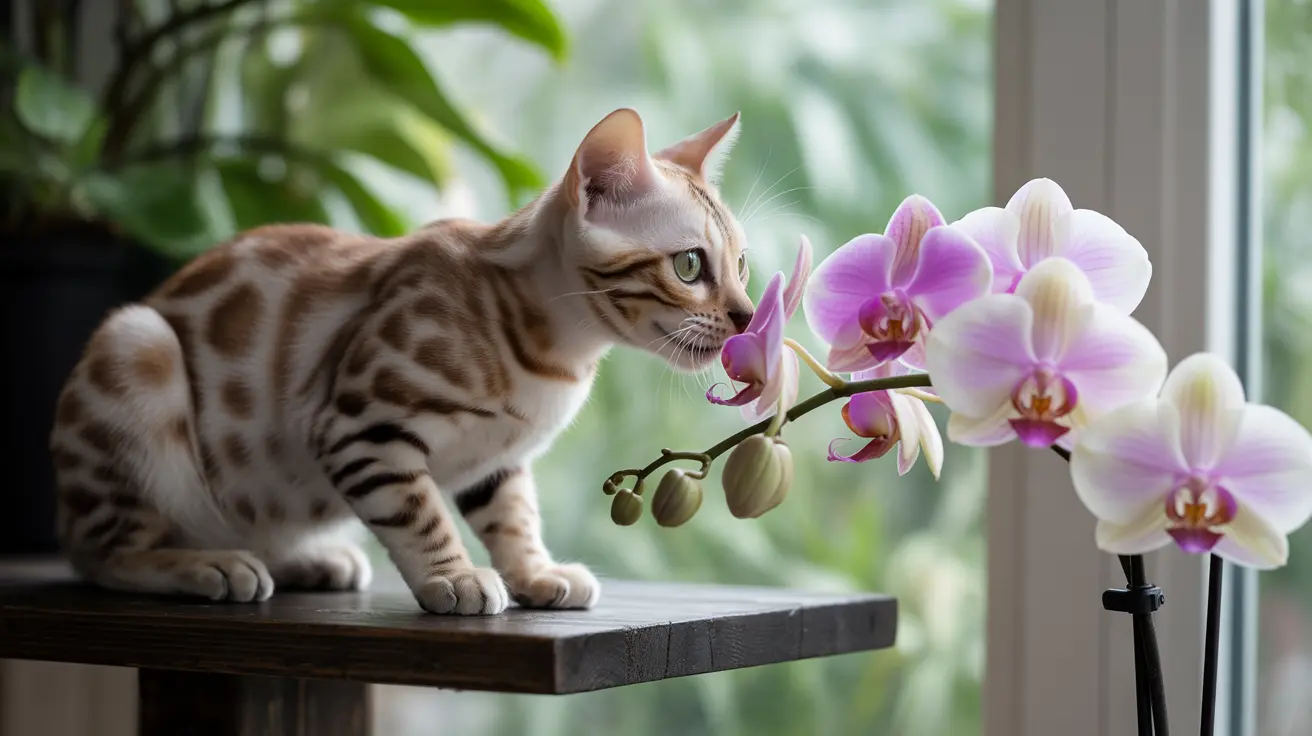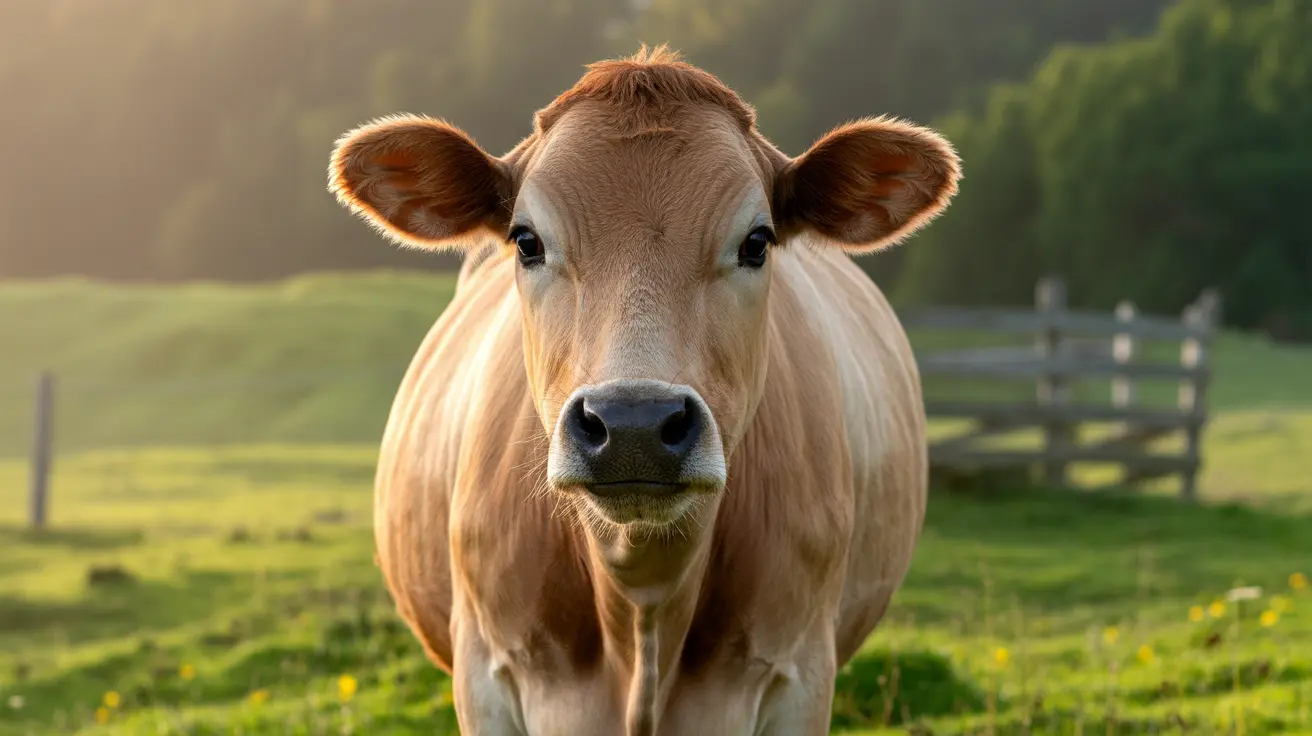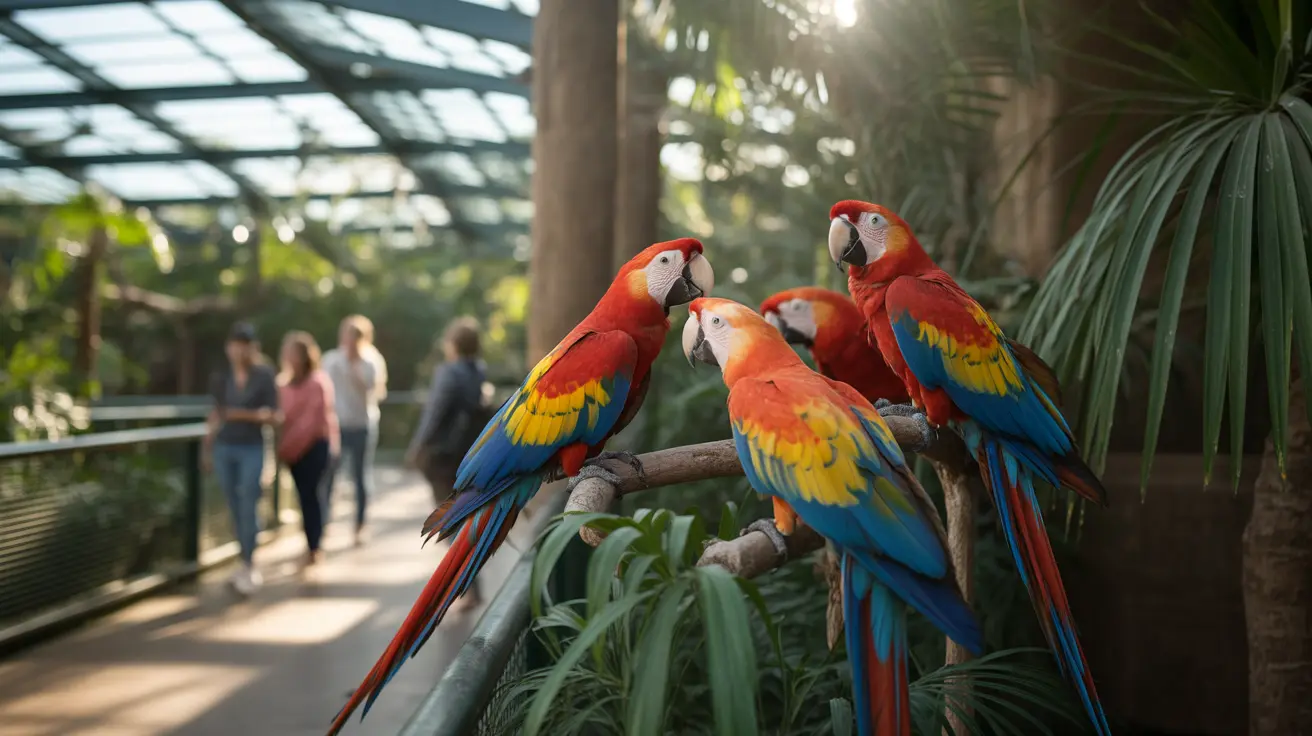As a cat owner, you're right to be cautious about the plants you keep in your home. With orchids being such popular houseplants, many pet parents wonder about their safety around curious felines. The good news is that most common orchid varieties are considered non-toxic to cats, though there are some important considerations to keep in mind.
Understanding Orchid Safety for Cats
Scientific research and veterinary sources, including the ASPCA, confirm that the most popular orchid species are safe for homes with cats. This includes Phalaenopsis (Moth Orchids), Cymbidium, Dendrobium, and Oncidium varieties. While these plants won't cause serious poisoning, cats who nibble on orchids might experience mild digestive upset.
Common Orchid Species and Their Safety Levels
Different orchid varieties present varying levels of safety for cats:
Safe Orchid Varieties
- Phalaenopsis (Moth Orchids)
- Cymbidium Orchids
- Dendrobium Orchids
- Oncidium Orchids
- Cattleya Orchids
Varieties to Watch
While not highly toxic, some orchid species require more caution:
- Lady Slipper Orchid (Paphiopedilum) - May cause mild irritation
- Vanilla Orchid (Vanilla planifolia) - Can cause digestive upset in large quantities
Potential Health Concerns
If your cat does consume part of an orchid, they might experience:
Mild Symptoms
- Temporary stomach upset
- Minor vomiting
- Mild diarrhea
- Drooling
- Decreased appetite
When to Be Concerned
More serious symptoms usually stem from chemical treatments on the plants rather than the orchids themselves. Watch for:
- Persistent vomiting
- Severe lethargy
- Loss of appetite lasting more than 24 hours
- Signs of respiratory distress
Prevention and Protection Strategies
To keep both your cats and orchids safe:
- Place orchids in hard-to-reach locations
- Use natural deterrent sprays
- Provide alternative plants like cat grass
- Keep orchids in hanging baskets
- Create designated "cat-free" plant areas
Treatment and Response
If your cat has eaten part of an orchid:
- Remove any remaining plant material from their mouth
- Monitor their behavior closely
- Provide fresh water
- Contact your veterinarian if symptoms persist or worsen
Frequently Asked Questions
Are common orchid species like Phalaenopsis and Dendrobium safe for cats to be around or nibble on?
Yes, common orchid species like Phalaenopsis and Dendrobium are generally safe for cats. While nibbling isn't recommended, these varieties are non-toxic and unlikely to cause serious harm.
What symptoms should I watch for if my cat eats part of an orchid plant?
Monitor for mild gastrointestinal symptoms like vomiting, diarrhea, or drooling. Most cases resolve within 24-48 hours. Seek veterinary care if symptoms persist or worsen.
Can chemical treatments on orchids cause health issues for cats, even if the plant itself is non-toxic?
Yes, pesticides, fungicides, and fertilizers used on orchids can be harmful to cats. Always rinse new plants thoroughly and use pet-safe products for maintenance.
How can I prevent my cat from chewing on orchids without stressing them?
Use elevated locations, hanging baskets, or separate rooms for orchids. Provide cat-safe alternatives like cat grass or catnip, and use natural deterrent sprays around orchid areas.
Which orchid varieties should cat owners avoid due to possible mild irritation or digestive upset?
While not severely toxic, Lady Slipper Orchids (Paphiopedilum) and Vanilla Orchids (Vanilla planifolia) are best avoided as they may cause stronger digestive reactions in cats.
Remember, while orchids are generally safe for homes with cats, the best approach is prevention. By understanding the risks and taking appropriate precautions, you can enjoy these beautiful plants while keeping your feline friends safe and healthy.






